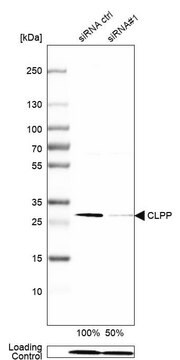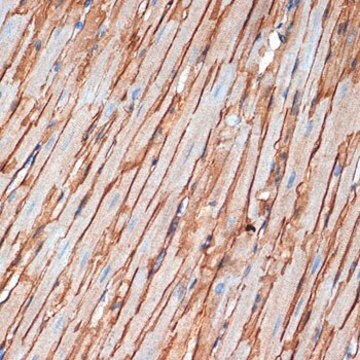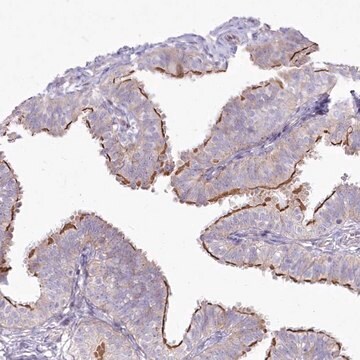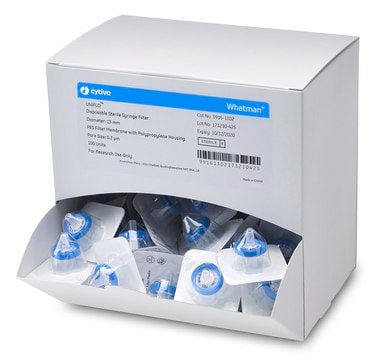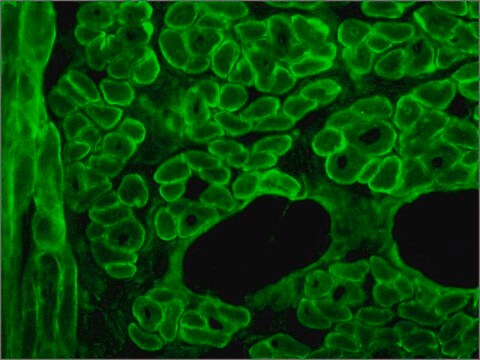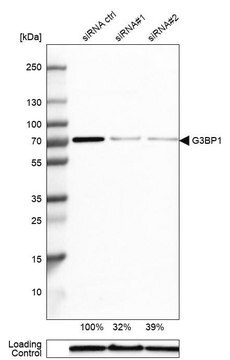MAB1645
Anti-Dystrophin Antibody
CHEMICON®, mouse monoclonal, 1808
Synonym(s):
Anti-BMD, Anti-CMD3B, Anti-DXS142, Anti-DXS164, Anti-DXS206, Anti-DXS230, Anti-DXS239, Anti-DXS268, Anti-DXS269, Anti-DXS270, Anti-DXS272, Anti-MRX85
About This Item
Recommended Products
Product Name
Anti-Dystrophin Antibody, clone 1808, clone 1808, Chemicon®, from mouse
biological source
mouse
Quality Level
antibody form
purified antibody
antibody product type
primary antibodies
clone
1808, monoclonal
species reactivity
chicken, mouse, rat, human
manufacturer/tradename
Chemicon®
technique(s)
immunohistochemistry: suitable
western blot: suitable
isotype
IgG1
NCBI accession no.
UniProt accession no.
shipped in
dry ice
target post-translational modification
unmodified
Gene Information
human ... DMD(1756)
Specificity
STAINING PATTERN:
On cryostat sections of normal mouse diaphragm MAB1645 gives strong immunofluorescence staining of the entire sarcolemma, with particularly strong staining of neuromuscular junctions.
SPECIES REACTIVITY:
Labels skeletal muscle from rat, chicken and Xenopus laevis. Labels cardiac muscle from rat and normal, but not mdx, mouse. Also labels smooth muscle from chicken gizzard.
Immunogen
Application
Immunohistochemistry
Optimal working dilutions must be determined by the end user.
Physical form
Storage and Stability
Legal Information
Not finding the right product?
Try our Product Selector Tool.
recommended
Storage Class Code
10 - Combustible liquids
WGK
WGK 2
Flash Point(F)
Not applicable
Flash Point(C)
Not applicable
Certificates of Analysis (COA)
Search for Certificates of Analysis (COA) by entering the products Lot/Batch Number. Lot and Batch Numbers can be found on a product’s label following the words ‘Lot’ or ‘Batch’.
Already Own This Product?
Find documentation for the products that you have recently purchased in the Document Library.
Our team of scientists has experience in all areas of research including Life Science, Material Science, Chemical Synthesis, Chromatography, Analytical and many others.
Contact Technical Service